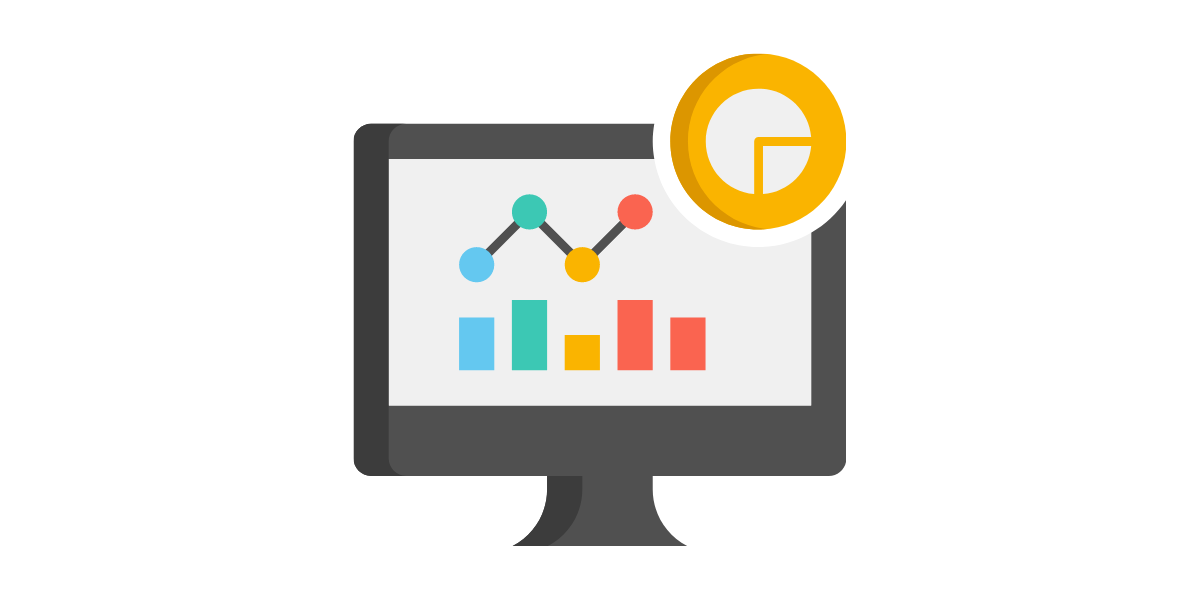
Many of us live in an era of incredible technological innovation. Data is an integral part of our lives, but there are times when it seems like there is too much. Sometimes we see too much information. But it isn’t being presented in a meaningful way that allows us to make informed decisions. I spend a lot of time looking at data as the owner of several brands and companies.
Data is the key to my company’s strategic goals.
Data allows me to see what is working and what doesn’t.
There is a direct connection between specific data, like marketing, and the bottom line for my companies.
There’s not a day that goes by when I don’t go to work. I look at many reports, especially financial reporting, or ask my team for analytics about our social media results. Data is everywhere, so I can cut and dice all areas of my businesses to see how they are performing.
Early days
When I founded my holding company, I was a novice. But the time came when my team and my work began to flourish. People wanted to interview me to get my perspective on the situation. As a CEO, I knew it was impossible to be involved in every aspect of the business. I have been asked questions that I could not answer immediately, but I was always able at least to give some answers.
Dashboard Reporting
In those early days, two of my team members came into my office to tell me about my experiences in speaking with people outside our organization. I told them I had trouble making strategic decisions due to the lack of the information I needed. I needed critical information to understand the broader implications of the decisions made by the company. It had to be presented in a way that made it easy for me to make informed decisions. Dashboard reporting was created by my team that day. It gave me all the information I needed about each business line and the whole of it.
Informative Discussions
For example, I have been asked how many people follow one of our social media platforms. It might seem like an insignificant question, which a CEO might not be able to answer, but it is not. Even if it looks small, as the chief executive, I need to know how many followers, clients, and other issues are affecting our brands. While I don’t necessarily need to know when the best hours are for social media promotion, I do need to know all the information in every department.
Old School Reporting
I believe dashboard reporting is a vital tool for businesses, so I ask my team to make a lot of it. There are many platforms that provide analytics. That’s great, but it doesn’t always give me the information I need as CEO. Don’t be afraid to use ad-hoc dashboard reports that are prepared by your colleagues if you are the top executive of your company. It is crucial to make informed strategic decisions by getting the exact information you need in the format you prefer. The truth is that even though they can be helpful in some cases, they don’t always provide the information you need or present it in the way you need.
Dashboard reporting gives CEOs clarity and insight. It allows them to understand the information and make sense of it. This is independent of any software packages or other factors.
